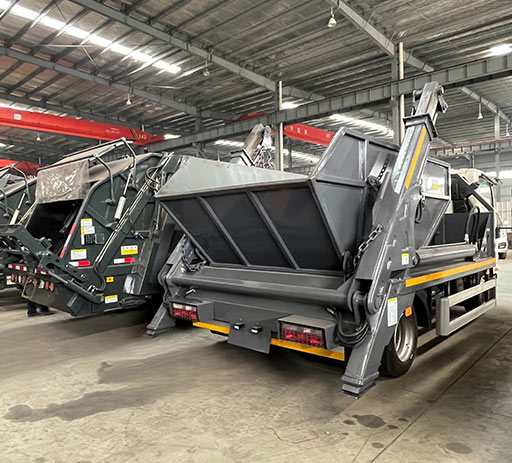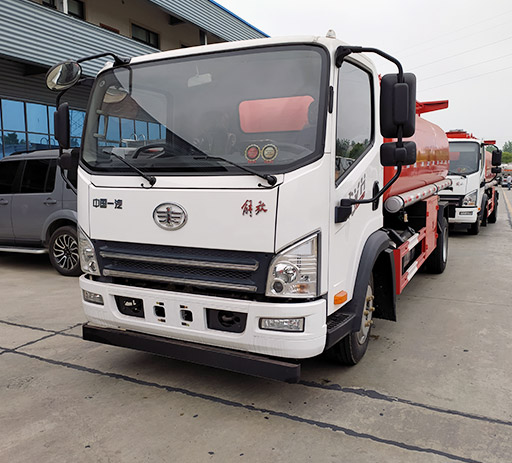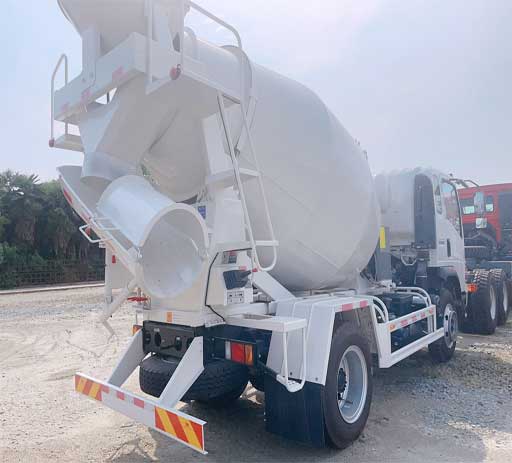Everything You Need to Know About Trash Can Tippers: The Ultimate Guide
Introduction to Trash Can Tippers
Trash can tippers are innovative devices designed to simplify the act of emptying trash cans and dumpsters. Whether you’re in a residential setting or managing waste in a commercial environment, these machines make waste disposal more efficient and hygienic. In this comprehensive guide, we will explore the various types of trash can tippers, their benefits, features to consider, and much more. With an emphasis on both practicality and functionality, this article aims to provide a thorough understanding of trash can tippers, making it a useful resource for anyone interested in waste management solutions.
What is a Trash Can Tipper?
A trash can tipper is a mechanical device that assists in the emptying of large trash bins and containers. Typically used in commercial settings, they help minimize manual lifting, reduce the risk of injury, and streamline the waste disposal process.
Types of Trash Can Tippers
There are various types of trash can tippers available, each designed to serve specific needs. Here are some popular options:
- Manual Trash Can Tippers: Operated by hand, these tippers require physical effort to flip the trash can and empty its contents.
- Electric Trash Can Tippers: These devices use electricity to operate, making the process easier and faster. They are ideal for large operations requiring frequent waste disposal.
- Hydraulic Trash Can Tippers: Utilizing hydraulic systems, these tippers can handle larger loads with even less effort.
Benefits of Using a Trash Can Tipper
Integrating a trash can tipper into your waste management practices offers numerous advantages:
1. Enhanced Safety
One of the primary benefits of using a trash can tipper is improved safety. These devices reduce the need for manual lifting, which can lead to injuries, especially in a heavy-duty waste management environment.
2. Increased Efficiency
With the ability to quickly and thoroughly empty multiple trash cans, trash can tippers significantly boost productivity. This is especially beneficial in commercial settings where time is of the essence.
3. Reduced Labor Costs
By automating the process of waste disposal, businesses can reduce the number of personnel required for waste management, leading to substantial savings in labor costs.
4. Improved Hygiene
Many trash can tippers are designed with hygiene in mind, preventing contact with waste materials and minimizing spills. This helps maintain a cleaner and healthier environment.
Key Features to Consider When Choosing a Trash Can Tipper
Choosing the right trash can tipper depends on several features that meet your specific needs:
1. Capacity
The size and capacity of the trash can tipper should match the volume of waste you typically handle. Selecting a model that can accommodate your largest containers is critical.
2. Durability
Look for tippers made from high-quality materials that can withstand frequent use and adverse conditions, especially if you’re working in an outdoor or industrial setting.
3. Ease of Use
Consider how easy the device is to operate. Manual models may require more effort, while electric and hydraulic options should have user-friendly controls.
4. Safety Features
Safety features, such as automatic shut-off systems or emergency stop buttons, are vital to prevent accidents during operation.
5. Portability
If your waste disposal requirements change frequently, consider a portable trash can tipper that can be easily moved around.
6. Cost
Pricing will vary based on features and capacity. It’s important to find a balance between quality and budget.
Common Applications of Trash Can Tippers
Trash can tippers are versatile and used in various industries:
1. Residential Waste Management
Homeowners can use manual tippers to easily manage waste without heavy lifting.
2. Commercial Settings
Businesses, especially in food service or retail, can benefit from electric or hydraulic tippers to dispose of large volumes of waste quickly.
3. Healthcare Facilities
Healthcare providers often deal with sensitive waste materials, and trash can tippers offer a hygienic solution for disposal.
4. Construction Sites
Construction companies can use heavy-duty tippers to handle substantial debris, making site clean-up faster and safer.
Practical Tips for Maintaining Trash Can Tippers
To ensure your trash can tipper functions optimally, follow these maintenance tips:
1. Regular Cleaning
Keep the device clean to prevent buildup of waste materials that can lead to odor and hygiene issues.
2. Inspect Components
Routine checks of mechanical and electric components can help identify wear and tear before they become significant issues.
3. Lubrication
For manual and hydraulic tippers, regular lubrication of moving parts ensures smooth operation.
4. Address Issues Promptly
If you notice any unusual noises or performance issues, investigate them immediately to avoid further damage.
Cost Analysis of Trash Can Tippers
Understanding the cost of a trash can tipper involves assessing both initial purchase prices and long-term savings:
Initial Costs
Prices for trash can tippers can range from a few hundred to several thousand dollars depending on size and features.
Long-term Savings

| Benefit | Estimated Savings |
|---|---|
| Reduced Labor Costs | $1,000 – $5,000 annually |
| Lower Injury Claims | $2,000 – $10,000 annually |
| Improved Efficiency | $500 – $2,500 in productivity per month |
Environmental Impact of Trash Can Tippers
The use of trash can tippers can contribute positively to the environment in several ways:

1. Better Waste Segregation
With efficient and effective waste disposal, it’s easier to separate recyclable materials from general waste.
2. Reduced Vehicle Emissions
By optimizing the waste collection process, there may be reduced trips made by waste collection vehicles, leading to lower emissions.
3. Promoting Recycling
Fast and efficient disposal encourages individuals and companies to recycle more, as waste can be processed quickly and effectively.
Frequently Asked Questions (FAQs)
1. What sizes of trash can tippers are available?
Trash can tippers come in various sizes, ranging from small, manual models for residential use to large, industrial-sized electric or hydraulic tippers designed for commercial applications.

2. How do I choose the right trash can tipper for my needs?
Consider factors such as capacity, material durability, ease of use, safety features, and your budget when selecting a trash can tipper.
3. Can I use a trash can tipper for my home garbage bins?
Yes, manual trash can tippers are ideal for residential use. Electric options may be more suitable for larger households or properties requiring frequent waste disposal.
4. Are there any safety concerns with using a trash can tipper?
While trash can tippers improve safety by reducing manual lifting, it’s still essential to follow operational guidelines and ensure the device is maintained properly to prevent accidents.
5. How often should I maintain my trash can tipper?
Regular cleaning and inspections should be conducted monthly, with more in-depth maintenance performed at least twice a year or as needed based on usage.
6. Are electric trash can tippers energy-efficient?
Yes, modern electric trash can tippers are designed to be energy-efficient, consuming minimal power while providing high performance suitable for heavy loads.
